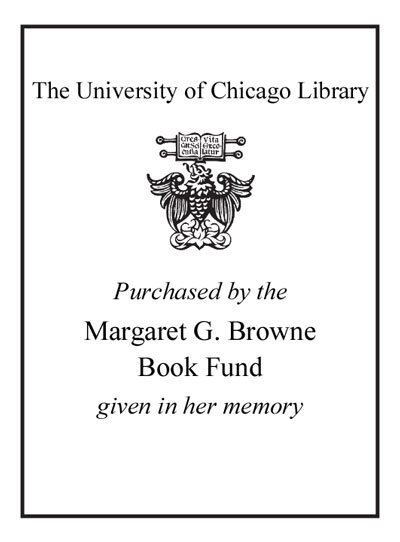Review by Choice Review
Greven (Univ. of South Carolina) takes a sustained look at the psychosexual dynamics of masculine desire found in two generations of American filmmakers. Starting with Alfred Hitchcock's The Man Who Knew Too Much (1956), and following with a long discussion of Psycho (1960), the author jumps ahead a decade to consider three early Brian De Palma comedies--Greetings (1968), Hi, Mom! (1970), Get to Know Your Rabbit (1972)--and Martin Scorsese's Taxi Driver (1976). He concludes with two controversial films from 1980: William Friedkin's Cruising and De Palma's Dressed to Kill. The author's nuanced readings suggest how profoundly Hitchcock influenced his successors. Many have called Hitchcock homophobic, but Greven claims the master of suspense balances homophobia and homophilia in equal measure, and that ambivalence informs the New Hollywood-era films he discusses. His defense of the widely reviled Cruising as "a resonant exploration of the psychosexual foundations of homophobia" challenges standard views. Several other films receive thoughtful discussion. Since the book assumes knowledge of film theory, it suits mostly advanced students. Summing Up: Recommended. Upper-level undergraduates and above. M. J. Emery Cottey College
Copyright American Library Association, used with permission.
Review by Choice Review

